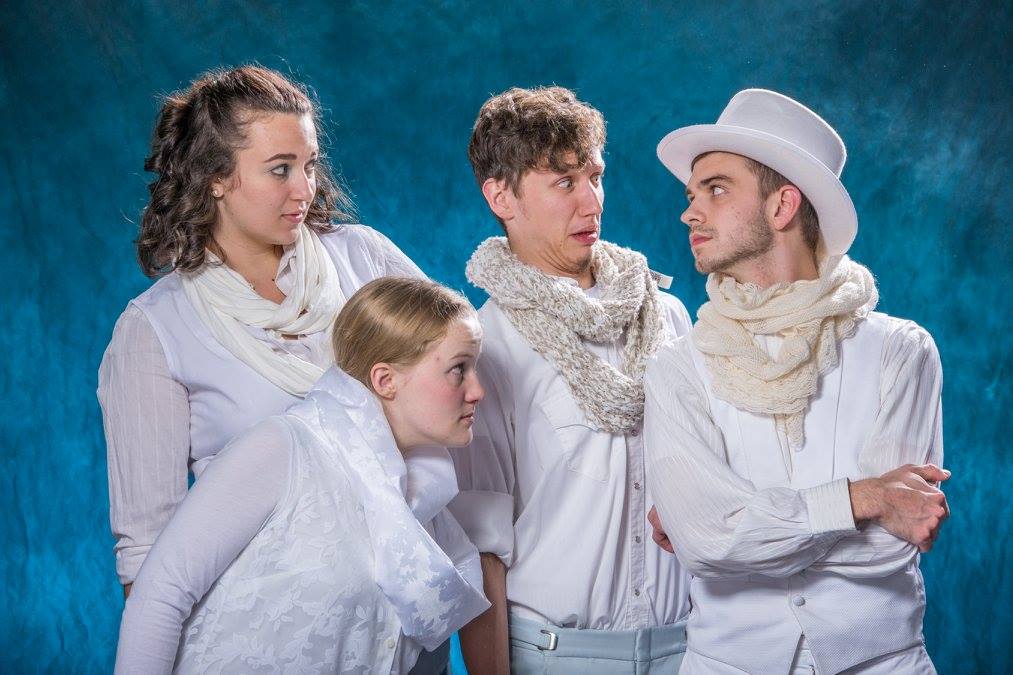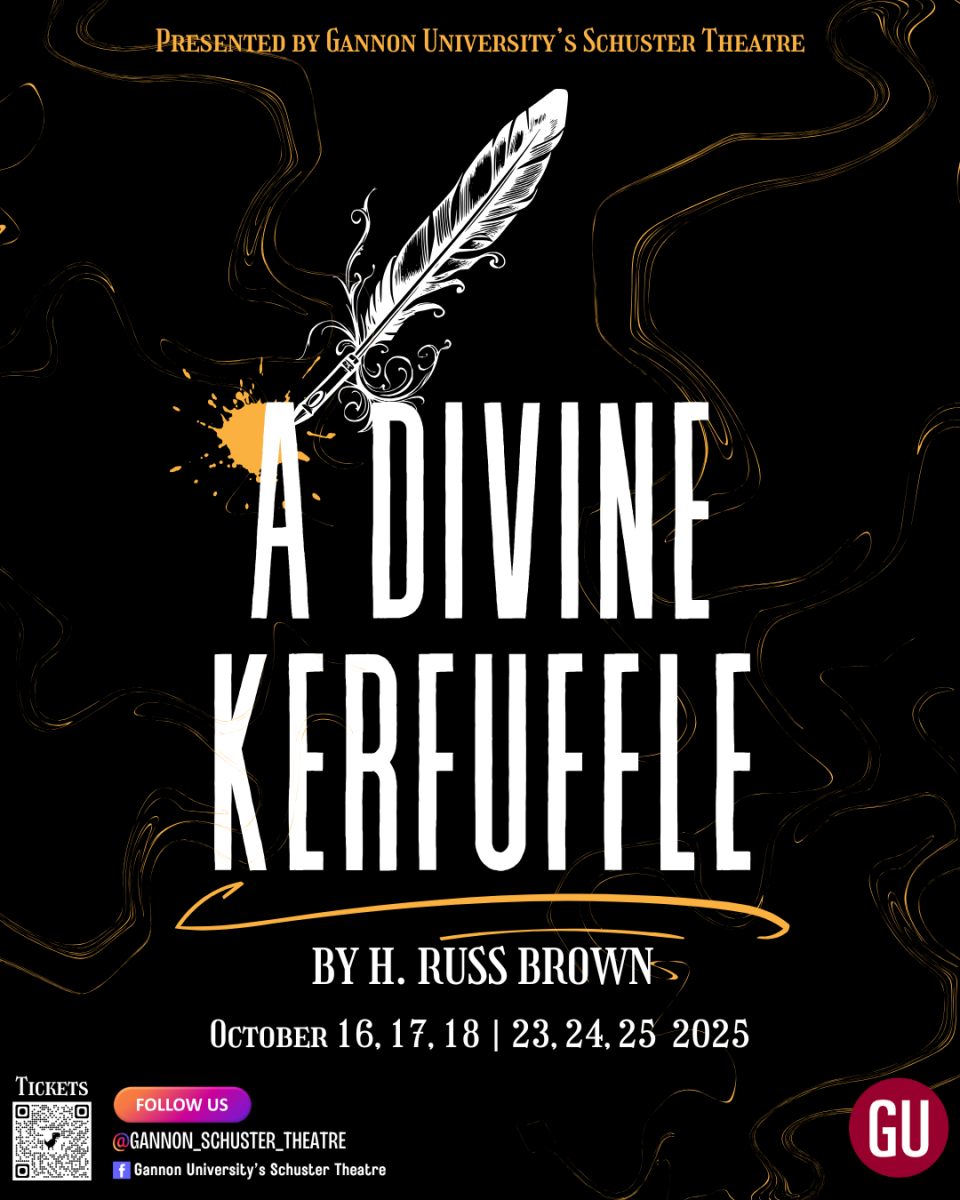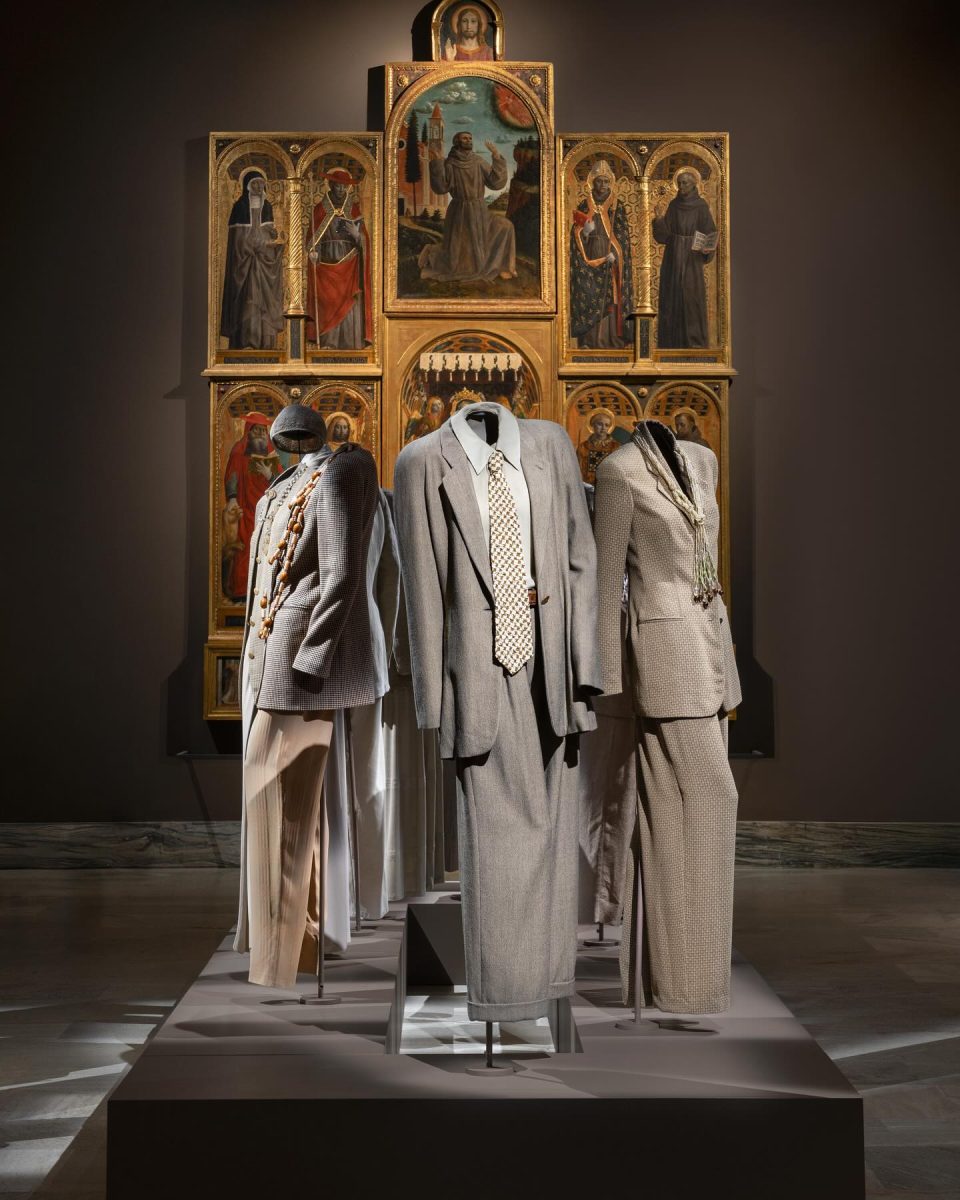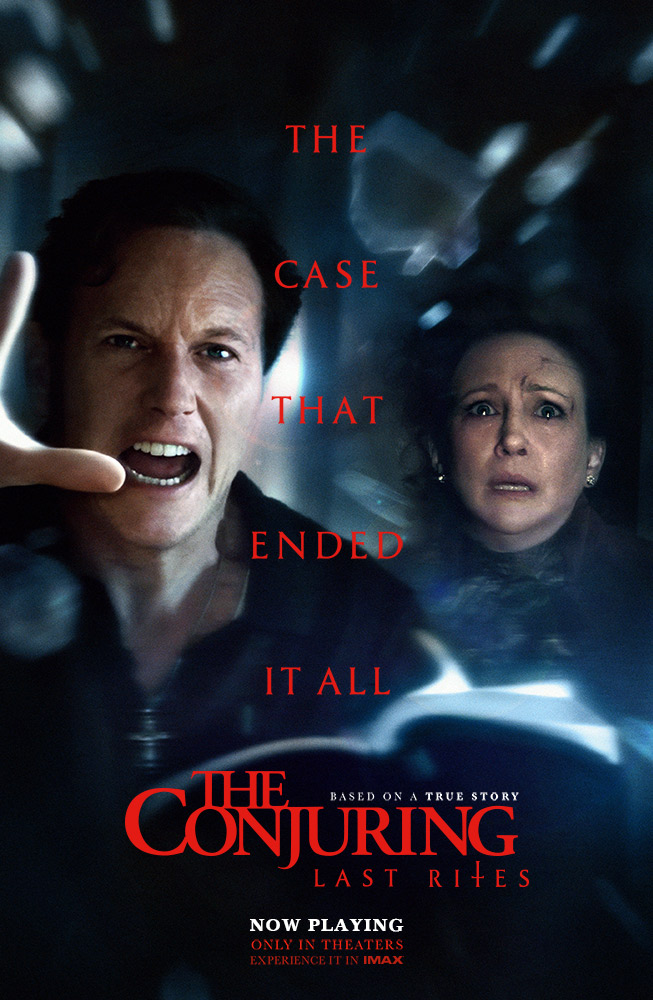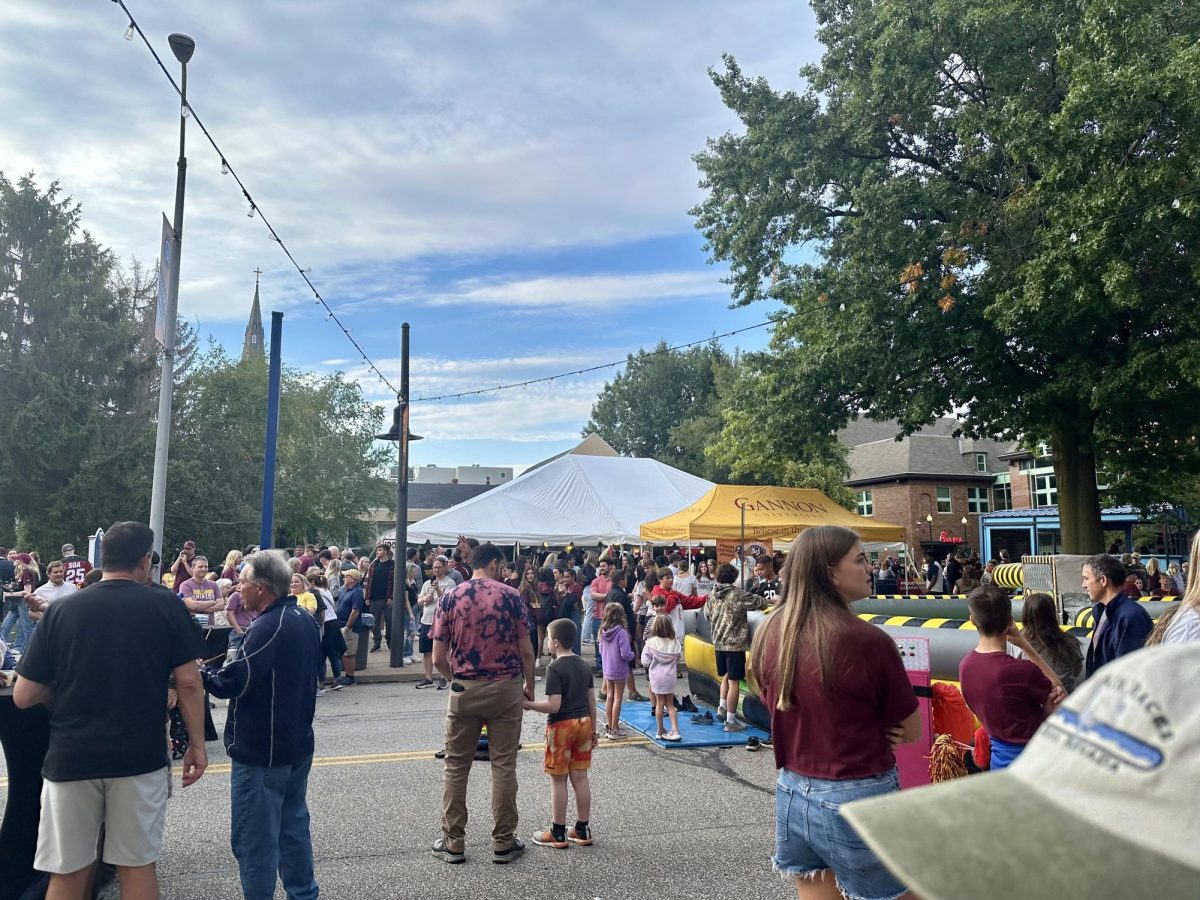The Schuster Theatre’s production of William Shakespeare’s “Twelfth Night” proved that even an abridged version of this Shakespearian classic is enjoyable to all — not just those familiar with the play itself.
The show is centered around Viola who, after being washed ashore after a shipwreck, has found herself in Illyria.
Disguising herself as her twin brother, Viola becomes Cesario and enters the service of the lovesick Duke Orsino.
Viola ends up in the middle of a confusing love triangle as she tries valiantly to impress her master’s desire on the fair Countess Olivia.
With an array of comedic characters including Malvolio, Sir Toby Belch and Feste, a seemingly dramatic plot is humorously heightened.
Some technical aspects of the show were not well received by those unfamiliar with it. The concept of the show taking place in a snow globe, if one recognized that this is what the set was supposed to portray, seemed somewhat odd.
Yes, the idea of a snow globe does fit with the season, but until you do some digging you don’t realize that the show itself takes place in winter.
Once I did a little more research on the show itself, I was able to appreciate this technical decision.
The set went part and parcel with the costuming decisions. If you didn’t realize the characters were in a snow globe, you wouldn’t understand why most of the costumes were varying degrees of white paired with pale blues.
Even with this, I was confused why some characters did not conform to this costuming norm.
Olivia was an exception due to the fact she was in mourning, and it was clear that Antonio was dressed out of the ordinary, because he wasn’t of Illyria.
However, if the idea of Illyria inhabitants was to be conveyed through costuming, why were Viola and Sebastian not exceptions to the rule? I’m sure there was a legitimate reason for these costume faux pas, but it was lost upon me.
There were some technical choices that were rather impressive. The lighting of the show was flawless.
I would like to commend whoever was in charge of designing the cutout of Shakespeare’s name that was translated from the stage lights onto the ground before the show and during intermission.
Once I realized that the set was a snow globe, the kaleidoscope lighting between scenes made a lot of sense and the detail was much appreciated.
I also thought it was a clever choice to use whiteboards. This decision added a fun dimension to the show, without detracting from the actual plot unfolding. The audience participation stools were also amusing.
The performance itself was pleasing and little was heinously bothersome. I do understand that each actor is different and the Schuster Theatre provides experience to allow actors to grow, but one small thing irked me.
Even though I attended the second performance and actors were still getting used to having an audience, it is a basic principle to allow a small window for laughter before commencing with dialogue.
There were multiple times when dialogue was lost because the audience was laughing at something, but the actor continued anyway.
I would like to commend this group of actors for their collective efforts to make a Shakespearian masterpiece so enjoyable. With that being said, there were a few noteworthy elements from the performance.
I would be doing a great disservice if I did not mention how wonderful Karalyn Headley’s singing was as she portrayed Feste. Her voice was consistently pleasing to the ear.
Megan Hamm’s portrayal of Viola was flawless. While her delivery was soft and subtle, it was well-juxtaposed against the ostentatious performances of some of her fellow players and fitting for the character.
Hamm’s performance was crucial not only for the purpose of the plot, but to keep the show balanced as a whole.
Jenna Sulecki’s performance as Olivia was phenomenal. It was clear that she put a great deal of thought into believably transforming herself into the arrogant countess.
Michael Haas brilliantly brought Malvolio to life with a conflicting combination of dry humor and prudish behavior.
Zak Westfall as Sir Toby Belch gave one of the greatest performances as a drunkard that I have ever seen.
With a combination of belching on command, an almost drunken scowl, and exaggerated line delivery, Westfall’s performance alone is reason enough to see the show.
With a combination of excellent casting and outstanding student performances, the abridged version of Shakespeare’s “Twelfth Night” was a delightful experience that should be a part of everyone’s holiday season this year.
TAYLOR WOLFF


